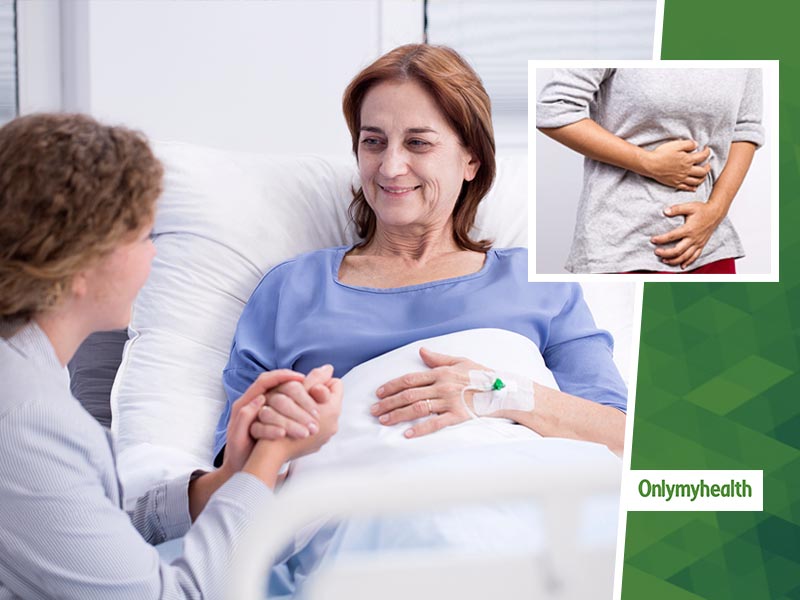
Treatment of diarrhoea in cancer patients: Diarrhoea occurs when you have frequent bowel movements that may be loose, soft, or watery. Liquids and foods pass through the bowel so quickly that your body cannot absorb enough vitamins, nutrition, water, and minerals from them. Do you know when your body has little water this can cause dehydration? Diarrhoea can be mild or severe and last a short or long time. Why does it happen differently with cancer patients? Diarrhoea prostate cancer treatment: Diarrhoea can be caused by cancer treatments such as chemotherapy, radiation therapy to the pelvis or abdomen, or biological therapy. These treatments cause diarrhoea because they can harm healthy cells in the lining of your large and small bowel. Diarrhoea can also be caused by infections, the medicine used to treat antibiotics or constipation.
Table of Content:-
Ways to manage diarrhoea in cancer patients with food
- Eat liquids and foods that are high in sodium and potassium. When you have diarrhoea, your body loses these substances, and it is essential to replace them. Sodium-rich fluids include fat-free or bouillon broth. Foods high in potassium include canned apricots, bananas, and boiled, baked, or mashed potatoes.
- Drink lots of liquids to replace those you lose from diarrhoea. These include ginger ale, water, and sports drinks. See the list of clear liquids for other ideas.
- Eat low-fibre foods. Foods high in fibre can make diarrhoea worse. Low-fibre foods include plain or vanilla yoghurt, white toast, and white rice.
Also Read: What Is Food Poisoning? Causes, Symptoms, Diagnosis & Treatment
- Before you drink carbonated drinks, let them lose their fizz. Add extra water if drinks cause nausea or make you thirsty.
- Have drinks and foods at room temperature, neither too cold nor too hot.
- Try to consume 5 or 6 small meals per day instead of three large meals.
- Avoid foods or drinks that can make diarrhoea worse.
Also Read: These Ayurvedic Medicines Provide Relief from Loose Motion and Diarrhoea
For diarrhoea in lung cancer patients, see the list of more low-fibre foods. These include:
- Foods and beverages that can produce gas. These include raw fruits, cooked dried beans and vegetables.
- Drinks or foods with caffeine, including regular tea, coffee, chocolate and some sodas.
- Grains are high in fibre, such as pasta and whole wheat slices of bread.
- Regular soda and fruit punch, i.e. drinks that have a lot of sugar.
- Alcohol and its types, i.e. beer and wine. Very icy or hot drinks
Also Read: Understanding Anxiety Diarrhea: Causes, Symptoms And Treatment
- Greasy, fried or fatty, foods, such as hamburgers and french fries
- Milk products, unless they are lactose-free or low-lactose
- Spicy foods, such as hot sauce, pepper, salsa, and chilli
- Always read product labels to know, whether if they have any of these sweeteners in them.
- Sugar-free products that are sweetened with sorbitol or xylitol. It is found mostly in candies and sugar-free gums. Do you know that apple juice is high in sorbitol?
- Drink only clear liquids for twelve to fourteen hours after a sudden attack of diarrhoea. This lets your bowels rest and helps replace lost fluids. Also, if you have abrupt diarrhoea, then please let your doctor know about it.
Read more articles on Cancer
How we keep this article up to date:
We work with experts and keep a close eye on the latest in health and wellness. Whenever there is a new research or helpful information, we update our articles with accurate and useful advice.
Current Version
